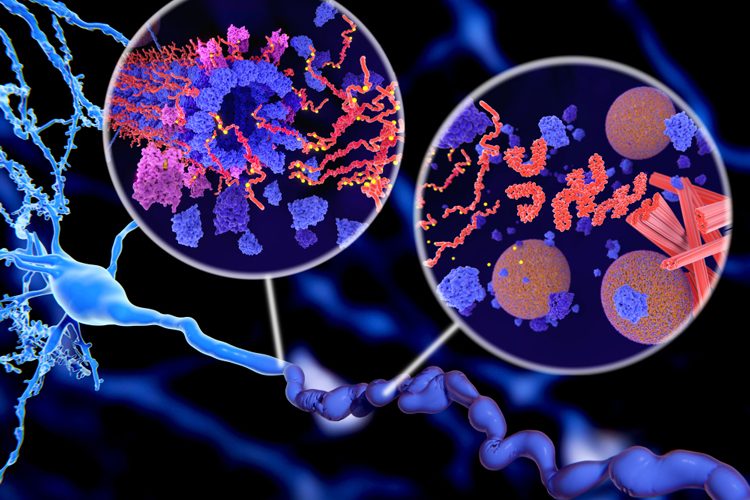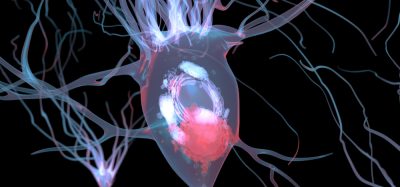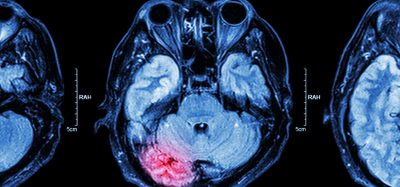Identifying biomarkers for progressive supranuclear palsy
Posted: 5 July 2024 | Drug Target Review | No comments yet
Protein biomarkers in spinal fluid linked to PSP could enable earlier diagnosis and treatment for this neurological disorder.

Researchers at UC San Francisco discovered a method to identify progressive supranuclear palsy (PSP), a mysterious and fatal neurological disorder, while patients are still alive. Using a novel high-throughput technology, the identification of protein biomarkers in spinal fluid could result in a diagnostic test and targeted therapies.
PSP is a type of frontotemporal dementia (FTD) and is often mistaken for Parkinson’s disease (PD). However, PSP develops more quickly, and patients do not respond to PD therapeutics. It is thought to be initiated by a buildup of tau proteins, with symptoms including poor balance and difficulty moving the eyes up and down. The condition typically remains undiagnosed until after a patient dies and an autopsy is performed. Most PSP patients die within around seven years after their symptoms began.
Dr Julio Rojas, of the UCSF Department of Neurology, Memory and Aging Center and Weill Institute for Neurosciences, and co-senior author of the study, commented: “Unlike Alzheimer’s disease, there are no tau scans, blood tests or MRIs that provide a definitive diagnosis of PSP. For many patients the disease goes unnoticed…When new medications are approved for PSP, the best chance for patients will be receiving treatment at the earliest phase of the disease when it is most likely to be effective.”
Dr Adam Boxer, endowed professor in memory and aging at the UCSF Department of Neurology, and director of the Alzheimer’s Disease and Frontotemporal Dementia Clinical Trials Program, highlighted: “Previous research has underscored the value of several non-specific neurodegeneration biomarkers in PSP, but they have had limited sensitivity and specificity for diagnosis, particularly at this critical early disease stage.”
Protein biomarkers were measured in 136 study participants, including patients from UCSF and other institutions with symptoms that are consistent with PSP, as well as autopsy-confirmed PSP cases, using the high-throughput technology for protein analysis.
The team compared biomarkers from the autopsy cases to the living patients, as well as to healthy participants and to patients with other forms of FTD. Compared to healthy participants, in individuals with confirmed or suspected PSP, lower levels of most proteins were found. Furthermore, the protein signature of the autopsy-confirmed PSP cases differed from the autopsy-confirmed cases of other forms of FTD, as well as the living patients.
However, all individuals with confirmed or suspected PSP had elevated levels of proteins associated with neurodegeneration. It was discovered that particular inflammatory proteins that correlated with disease severity and decreased proteins relevant to multiple essential brain cell functions could be influenced with future therapies.
First author of the study Amy Wise, formerly of the UCSF Department of Neurology, and the Memory and Aging Center, and currently a medical student at UC Davis, concluded: “This work aims to create a framework for using these newly identified proteins in future clinical trials…We hope to reach a point where a single biomarker, or a panel of biomarkers from a blood test or lumbar puncture, can provide definitive diagnostic and prognostic results for PSP.”
This study was published in Neurology.
Related topics
Biomarkers, Clinical Trials, Neurosciences, Proteomics
Related conditions
progressive supranuclear palsy (PSP)
Related organisations
UC San Francisco (UCSF)







